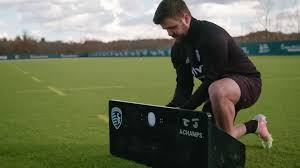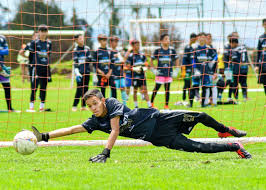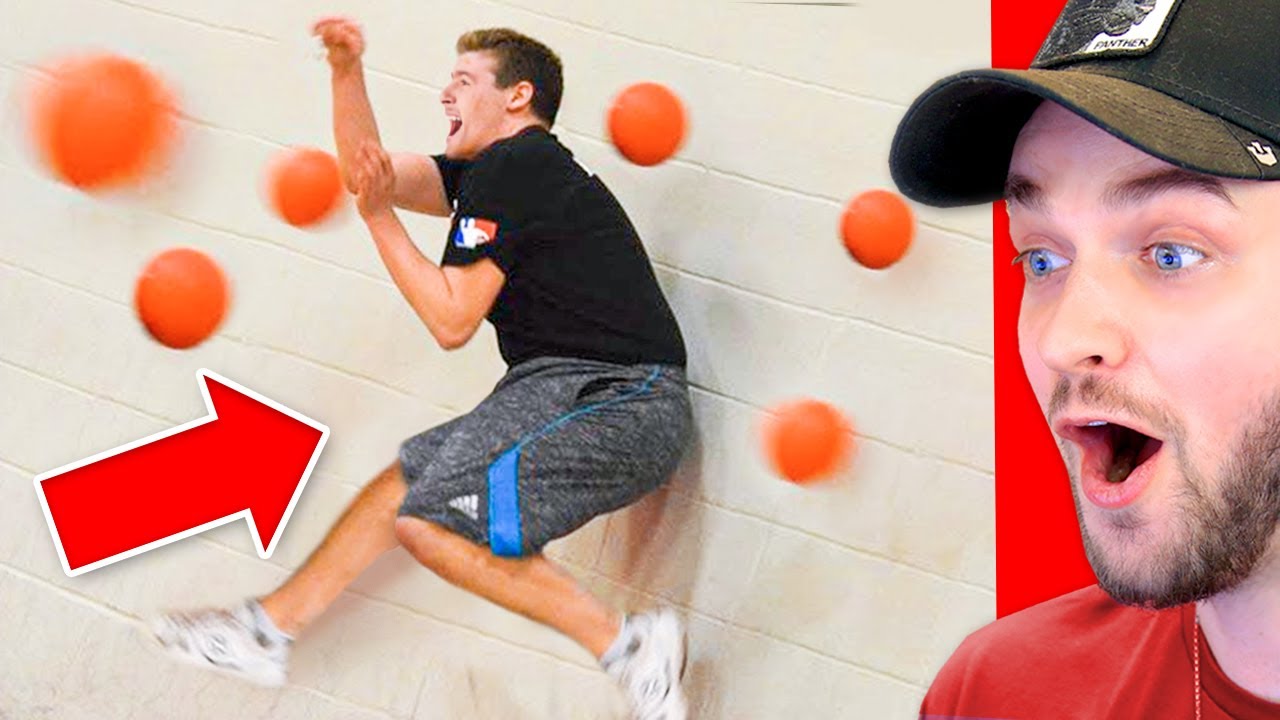Reflexes are involuntary and nearly instantaneous movements in response to a stimulus. These automatic responses are controlled by the nervous system and play a crucial role in keeping the body safe from harm. Fast reflexes are essential in various aspects of life, from sports and driving to daily activities that require quick thinking and movement.
Having fast reflexes can mean the difference between catching a falling object and letting it shatter or avoiding an accident while on the road. Reflexes also play a significant role in physical performance, especially in sports like tennis, soccer, and martial arts, where rapid response times are critical.
How Reflexes Work in the Body

The process of a reflex action begins with a stimulus, which activates sensory receptors. This information is then sent to the spinal cord and brain through sensory neurons. The brain processes the information and sends signals back to the muscles via motor neurons, causing a response. Reflex arcs bypass the brain for faster reactions, allowing the body to respond without conscious thought.
For example, when you touch something hot, your hand retracts almost immediately. This quick withdrawal is a reflex action that occurs before your brain even registers the sensation of heat.
Factors Influencing Reflex Speed
Reflex speed can vary from person to person and depends on several factors:
- Age: Younger individuals tend to have faster reflexes due to the higher plasticity of their nervous system.
- Physical Fitness: Regular exercise improves overall nervous system health, leading to quicker reflexes.
- Sleep Quality: Adequate rest enhances cognitive functions and the ability to respond quickly to stimuli.
- Diet and Hydration: A healthy diet rich in nutrients and proper hydration supports the nervous system.
- Practice and Training: Consistent practice in specific activities can condition the body to react faster.
Activities That Depend on Fast Reflexes
Many professions and activities rely on fast reflexes for optimal performance:
- Sports: Athletes in high-speed sports like basketball, fencing, and table tennis must react within milliseconds to changes in their environment.
- Driving: Quick reflexes are essential for avoiding accidents and responding to road hazards.
- Video Games: Competitive gaming demands exceptional hand-eye coordination and rapid response times.
- Emergency Services: Firefighters, police officers, and paramedics rely on fast reflexes to save lives in critical situations.
Improving Reflexes Through Training

While genetics play a role in reflex speed, regular training and mental exercises can significantly enhance your ability to react quickly.
- Reaction Time Drills: Activities like catching a ball or practicing with a reaction timer can help improve reflexes.
- Strength and Agility Training: Exercises like sprints, ladder drills, and plyometrics enhance muscle coordination and responsiveness.
- Mindfulness Practices: Yoga and meditation improve focus and reduce reaction times by calming the mind.
- Games and Sports: Engaging in activities like tennis, ping pong, or video games can sharpen reflexes over time.
The Role of Nutrition in Reflex Speed
Proper nutrition is vital for maintaining a healthy nervous system and ensuring fast reflexes. Certain foods and nutrients can boost brain function and reaction times:
- Omega-3 Fatty Acids: Found in fish and walnuts, these improve cognitive functions and neural communication.
- Antioxidants: Fruits like berries and green leafy vegetables protect the brain from oxidative stress.
- Vitamin B Complex: Essential for nerve function, these vitamins are found in whole grains, eggs, and meat.
- Hydration: Staying hydrated is crucial for maintaining nerve conduction speed and overall alertness.
How Stress Affects Reflexes
Stress and anxiety can negatively impact reflex speed. When stressed, the body releases cortisol, a hormone that can impair cognitive function and slow down reaction times. Chronic stress may also lead to fatigue, making it difficult to respond quickly to stimuli.
To counteract these effects, incorporating stress-reducing activities like deep breathing, progressive muscle relaxation, or engaging in hobbies can improve mental clarity and reflexes.
The Connection Between Sleep and Reflexes
Sleep is another critical factor influencing reflexes. During sleep, the body undergoes repair processes that restore and optimize the nervous system. A lack of sleep can lead to slower reaction times, reduced alertness, and impaired decision-making.
Establishing a consistent sleep routine, avoiding caffeine late in the day, and creating a sleep-friendly environment can enhance sleep quality and improve reflexes over time.
Fast Reflexes in Everyday Life

Fast reflexes are not limited to athletes and professionals; they are equally important in daily life. From catching a falling object to reacting to a sudden obstacle, quick responses can prevent accidents and injuries. Developing this skill can lead to increased confidence and competence in handling unexpected situations.
Reflexes and Aging
As people age, reflexes naturally slow down due to changes in the nervous system. However, maintaining an active lifestyle and engaging in activities that challenge the brain and body can help mitigate the effects of aging on reflexes.
Strength training, balance exercises, and cognitive puzzles are excellent ways to preserve fast reflexes and overall mental sharpness in older adults.
The Future of Reflex Training
Advances in technology are providing new tools to enhance mariatogel reflexes. Virtual reality (VR) training, for example, offers immersive environments where individuals can practice reacting to realistic scenarios. Wearable devices and apps that track reaction times can also provide valuable insights and personalized training programs.
Additionally, research into brain-computer interfaces and neurostimulation holds promise for further improving human reflexes in the future.
The Psychological Aspect of Reflexes
Mental state plays a significant role in reflex speed. Confidence, focus, and a positive mindset can enhance reaction times, while fear or self-doubt can slow them down. Visualization techniques, where individuals mentally rehearse quick responses, have proven effective in improving reflex performance.
Conclusion
Fast reflexes are an invaluable asset in many areas of life, from sports and driving to daily activities. While genetics play a role, reflexes can be improved through regular training, proper nutrition, quality sleep, and stress management.
By understanding how reflexes work and taking proactive steps to enhance them, individuals can improve their ability to respond quickly and effectively to the challenges of life.




